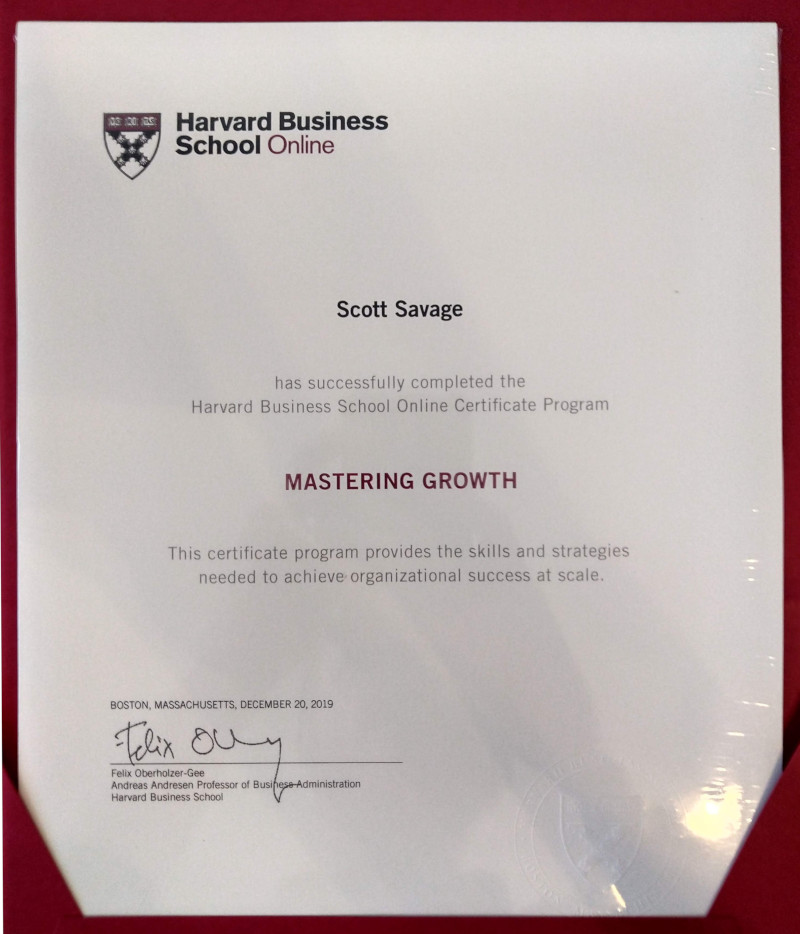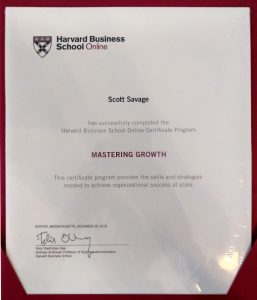I recently completed the Mastering Growth online course with Harvard. As an avid listener of the Masters of Scale podcast I was aware of the content, but this course really made me take the time to reflect on the themes in the context of my role as CPTO of a startup.
The podcast episode that resonated most with me was featured in one of the lectures – Uber’s How Pirates Become The Navy. The episode is about the band of startup pirates learning the benefits and behaviours of becoming a navy. Coming from Corporate land however, I needed to do the opposite and learn when to be a pirate.
Google teaches you to plan big – if it’s not in the hundreds of millions of users or $ then it’s probably not worth doing. That implies that planning and robust debate is important, and exemplifies an engineering lead culture where scale is thought through.
When shifting to a startup, although you might get hired for scale they will give you credit for speed. The company and founders has lived through a period of survival and built a credit structure around that. If you want to earn enough credits to spend on that big scale investment, you had better show you can jump on a quick dollar today. It doesn’t really matter whether that dollar aligns with the strategy or not, what matters is that you moved quickly and you closed it. You have survival instinct.
The trick is knowing when you need to show this hustle. Anyone from corporate land can tell you that quick wins buy credits, but in corporate land there are very clearly articulated strategies and even words that will help you find wins. One example is a corporate mantra of being a “trusted advisor” – just go and get a customer testimonial that shows how they relied on your advice to make a decision. Pre-meditated decision making.
In startup land, it’s more opportunistic. You need to jump on the opportunity as soon as you see it, and then work out the messaging later. A key customer mentions a tangential opportunity? Launch an MVP and then test if there’s a market for it. Worst case the takeaway message is we moved too fast – there’s no punishment for that. Best case, you made a customer happy and a dollar. Now you can put your scale hat on, market size it, and think about whether it’s something worth planning for.
Is this a good core strategy? No, if you focused on this then your ever increasing team would be in an ever bigger state of fragmentation and disarray. As a rough rule of thumb, 20% of your effort should be launching MVPs and 80% should be landing the proven ones.


